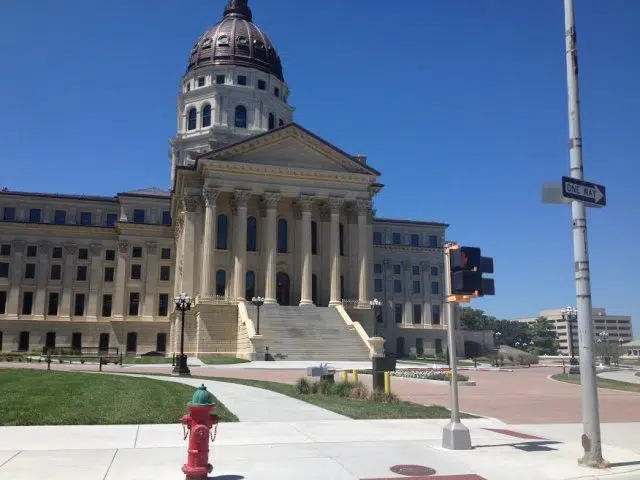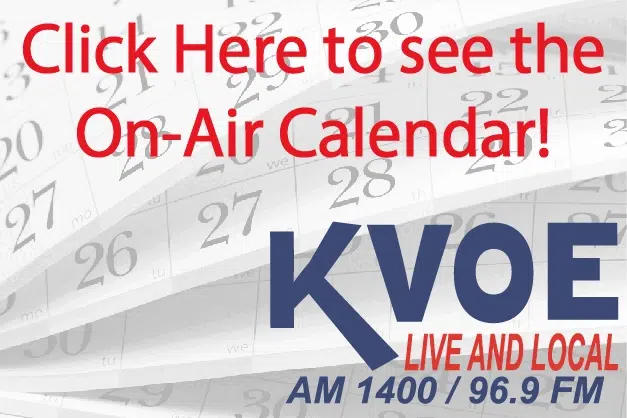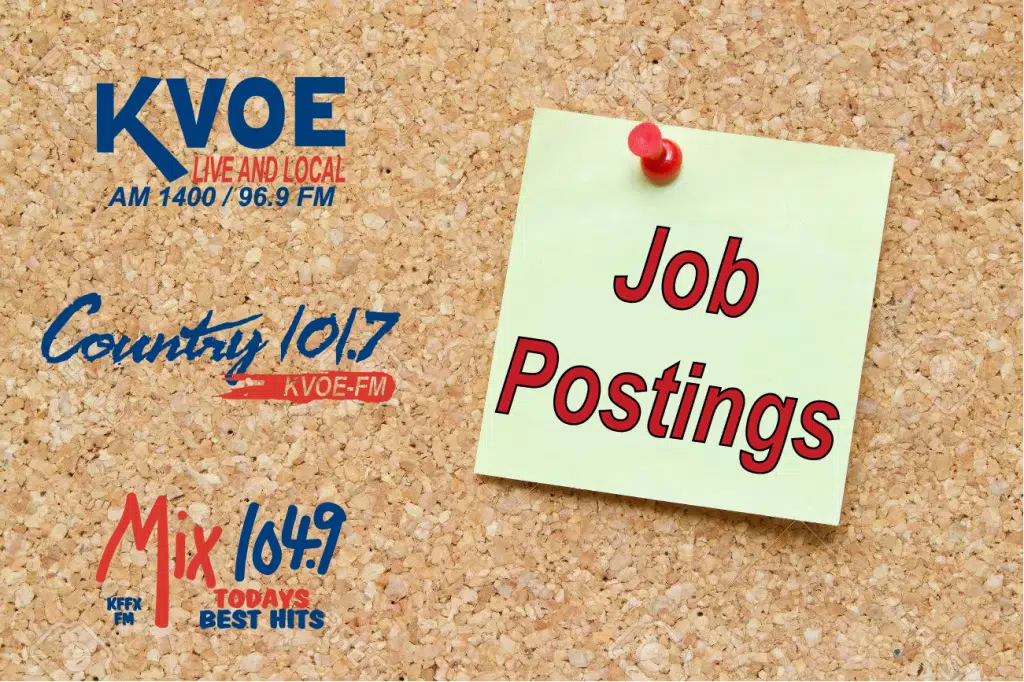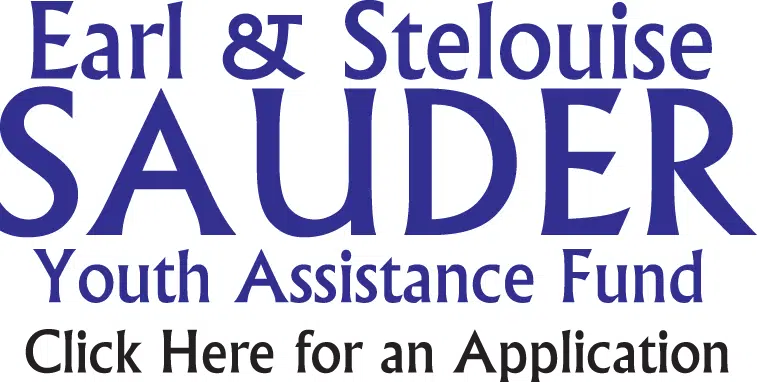A special session for the Kansas Legislature may be coming if approved by Kansas Governor Laura Kelly.
Tuesday, The Kansas Special Joint Committee on Government Overreach voted to recommend the special session for Nov. 22 to Governor Kelly in order to consider two pieces of legislation introduced by Senate President Ty Masterson aimed at protecting Kansas workers as the COVID-19 pandemic continues. The first measure to be considered will seek to provide unemployment insurance for any Kansan fired for refusing to take the COVID-19 vaccine.
The second measure will seek to “further strengthen” exemptions for medical and religious exemptions to ensure exemptions sought by employees are granted. 17th District Senator Jeff Longbine of Emporia spoke with KVOE News following the announcement of the request Tuesday and says while he does not agree with the mandate himself he has several concerns about the possibility of convening a special session.
Longbine says due to the Federal Supremacy Clause he does not believe the state can supersede a federal mandate from the President meaning a lengthy court battle could ensue if the Legislature passes the measures. He says his concern is that this could give “false hope” to Kansas residents.
The pieces of legislation coincide with lawsuits filed by Kansas Attorney General Derek Schmidt in response to the Biden administration’s vaccine mandate, portions of which are set to take effect Jan. 4. A federal appeals court in Louisianna suspended the portion of the mandate requiring all employers with 100 employees or more to have 100 percent of all workers vaccinated or face $14,000 in fines per infraction.
In a recent news release, Masterson credited Attorney General Schmidt for “taking on the illegal overreach in the courts.” Masterson added, “the Kansas Legislature must also act by quickly adopting these two targeted measures.”
In the same release, Speaker of the House Ron Ryckman stated, “Kansans should not be forced to choose between their personal beliefs and their jobs.”
According to Kansas statute, Governor Kelly can call a special session at her discretion, or she can be made to call one upon petition by two-thirds of each chamber of the legislature. If Governor Kelly does not adhere to the request and call the session herself, the legislature is “prepared to use the petition process.”
Longbine says he “cannot imagine Governor Kelly calling a special session” leading him to believe the Legislature will have to pursue the petition process.
Kelly, a Democrat, recently voiced her criticism of the mandate saying while she appreciates the intentions, she does not believe it is either the correct or most effective solution for Kansas residents.





















